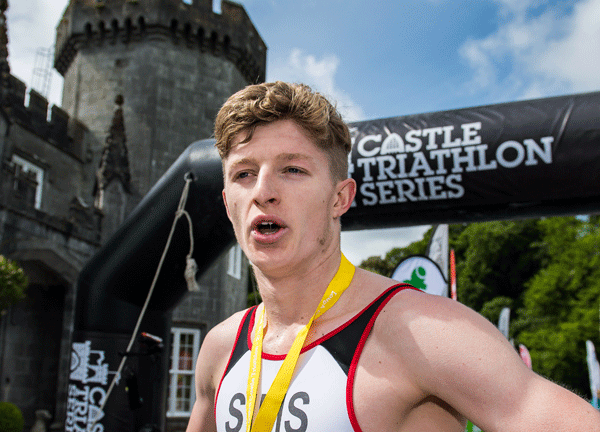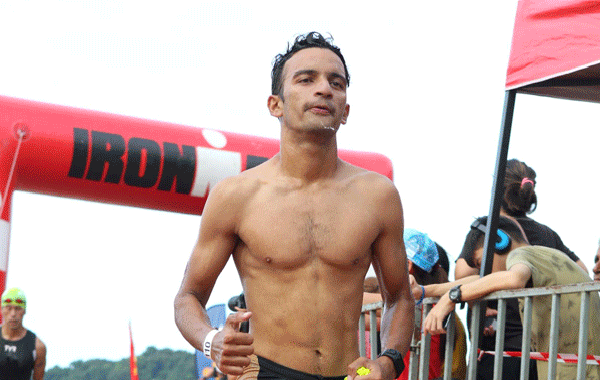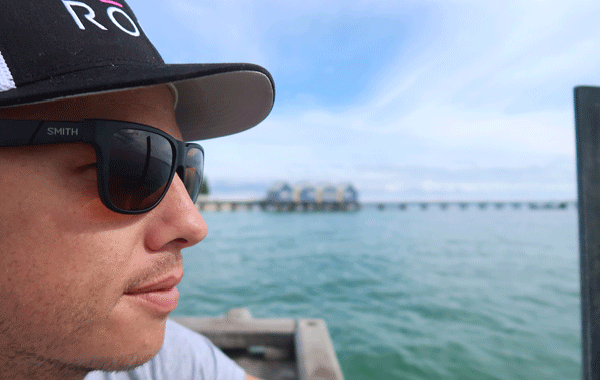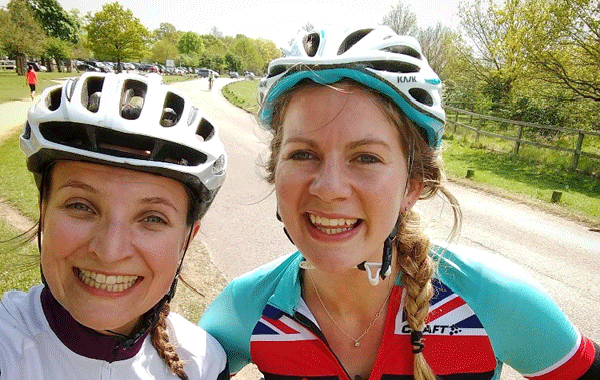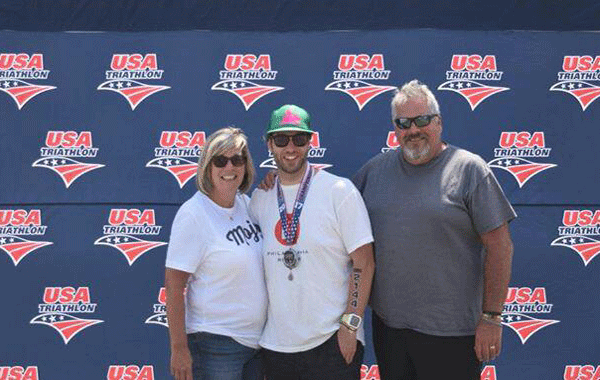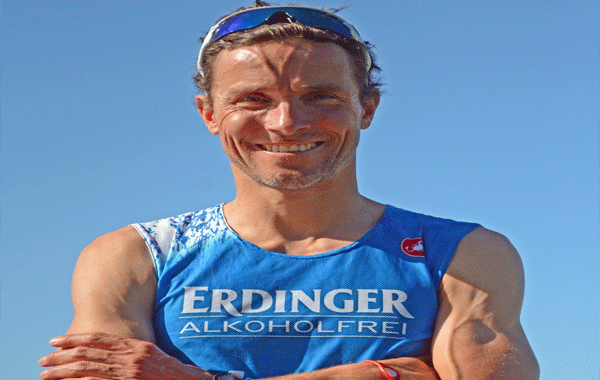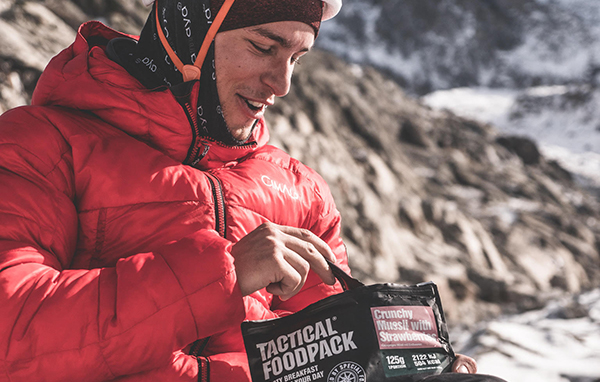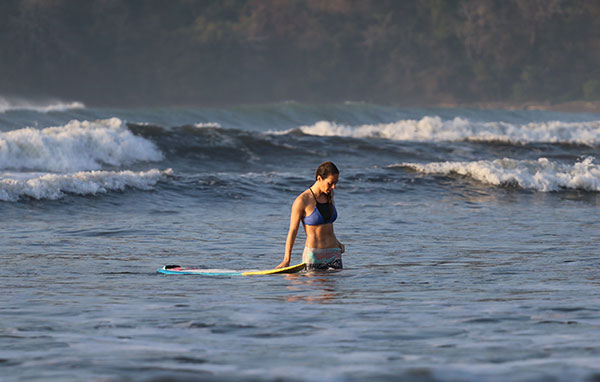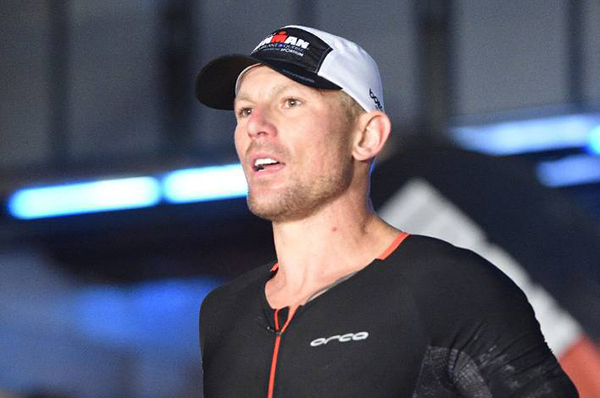
Steve Upton’s passion for triathlon begun on a trip to Hawaii.
How did you first get involved in triathlon and what were some of your early experiences and successes in the sport?
I got into triathlon by chance while on vacation with my family on the big island of Hawaii in October of 2017. I’ve been an avid cyclist for about 15 years at this point, so I rented a mountain bike to ride while on the island, and when I picked it up, I was asked if I was here for the Ironman. I simply stated that I was on vacation and had no idea what an Ironman was.
A few days later, we were on a beach in Kona, and I was asked if I was there for the Ironman again.When I got back to the hotel that day, I decided to do a little research on this Ironman thing. I was excited to be able to watch such a thing after doing this research and discovering that the race was in a couple of days. I was hooked from that day forward; I watched the entire race and told myself, “ I’m going to do one of these!”
In 2019, I began doing triathlons for the first time, with the goal of completing one of each distance. That year, I finished two sprint races, two Olympic races, an Ironman 70.3, and two Ironmans, the second of which I PR’d my first by two hours, almost qualifying for Kona.
Which discipline in the sport do you excel at and at which do you need to work the hardest?
Cycling is unquestionably my strongest sport. Having no swimming or running experience, the transition from cycling to triathlon was an interesting one. Swimming, on the other hand, I picked up quickly, but running remains my arch nemesis to this day.
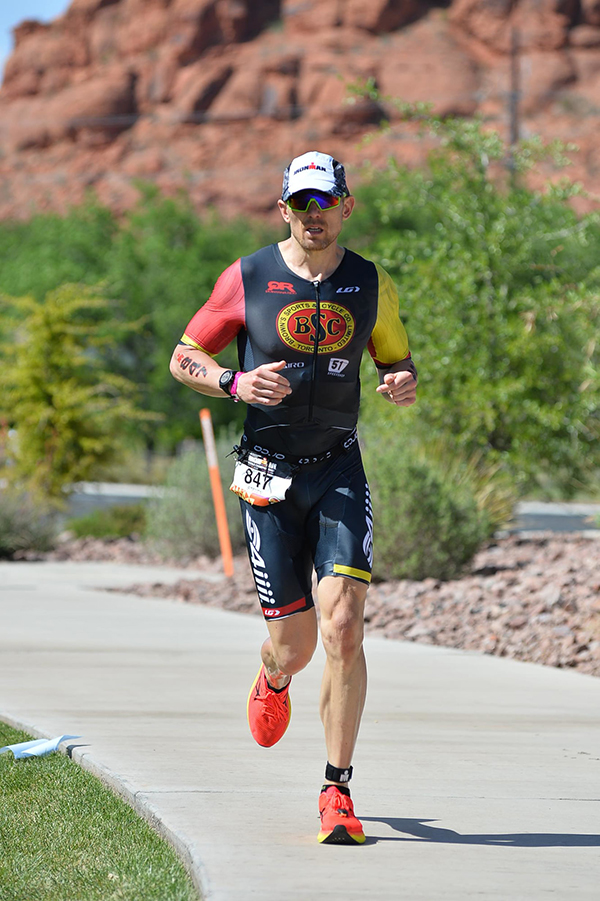
Steve competed in his first Ironman at Mount Tremblant in 2019.
Tell us about your first Ironman and how you prepared for that?
My first Ironman was Ironman Mount Tremblant in 2019. After only learning what an Ironman was about 13 months before the race, the training began with extensive research, particularly on how to swim. Be Ironfit was one of the first training books I purchased. Several months into learning the sport of triathlon, I decided to purchase a training plan from training peaks, which I used to get to the starting line.
What have been your biggest achievements in triathlon and Ironman to date?
Surprisingly, my greatest accomplishment was simply finishing Ironman Mont Tremblant 2022. Since I’ve been dealing with injuries, I was scheduled for knee surgery in March 2021 for a partial meniscectomy, which I decided not to do due to the fear of jeopardising the rest of my triathlon career. Instead, I strengthened every muscle around my knee, and thankfully, I was able to resume training without pain. Then came a torn quadriceps, which forced me to DNF from Ironman Lake Placid 2022, just four weeks before Mont Tremblant.
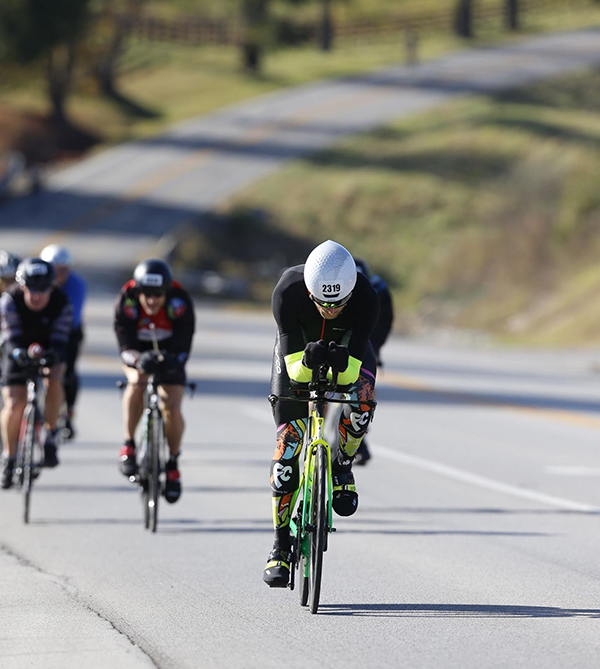
Steve excels in the discipline of cycling.
I spent those four weeks only doing swim workouts and physiotherapy, convinced that I wouldn’t make it to the starting line. Because everything was already paid for, I decided to drive up to Mont Tremblant and register, just to see how I felt on race day.
I felt good enough to start the race, so I did, and I came out of the water in eighth place in my age group. After a great swim, I decided to stick with my game plan of attempting to qualify for Kona. Fifty kilometres on the bike I had a flat tyre only to discover that my air chuck had broken, leaving me stranded on the side of the road for 45 minutes. At this point, all I wanted to do was quit the race.
Finally, a mechanic arrived and put air in my wheel; being so far behind, I tried to push it for an hour, which aggravated my injury once more. When I finally got to the run, I was able to find a stride that caused little to no pain for about nine kilometres before everything gave out. At one point, I was fighting back tears as I considered giving up. Something clicked in my head about why I got into this sport in the first place: to accomplish something I thought was impossible. I didn’t care if I had to crawl to the finish line; I just knew I was going to make it no matter what, and I did; I crossed that finish line suffering more than I had ever thought possible.

Steve has been a triathlon coach for the last few years.
Tell us about your work as a coach and the mentality you try to instil in those you work with?
I’ve only been a triathlon coach for a few years, but I was a strength and conditioning coach for many years before transitioning to triathlon coaching. Training is difficult, and results can be slow, so the first thing I have my clients do is figure out their “why.” When things get tough, it’s easy to lose sight of why you’re doing this training if you don’t have a solid foundation. Life is constantly changing; events occur, illnesses occur, and this can all add up to missed workouts and a loss of focus on your goals. When this happens, if you’ve ingrained your “why,” you’ll be able to get back on track to achieving your goals.
What are you currently training hardest for and what exciting events are you looking forward to in the future?
I’m currently preparing for Ironman Muskoka 70.3 and Ironman Mont Tremblant in order to qualify for the World Championships. In the future, I hope to compete in two bucket-list races: Ironman Australia and New Zealand, but before that, I have a little bone to pick with Ironman Lake Placid, which will take place in 2024.

